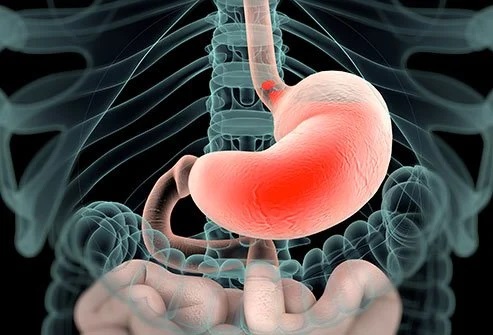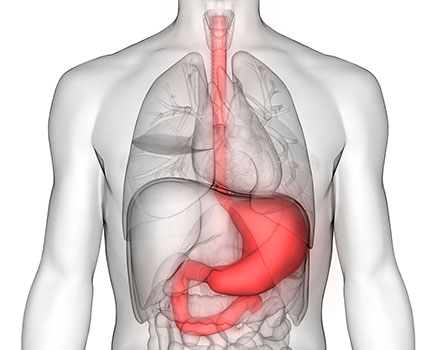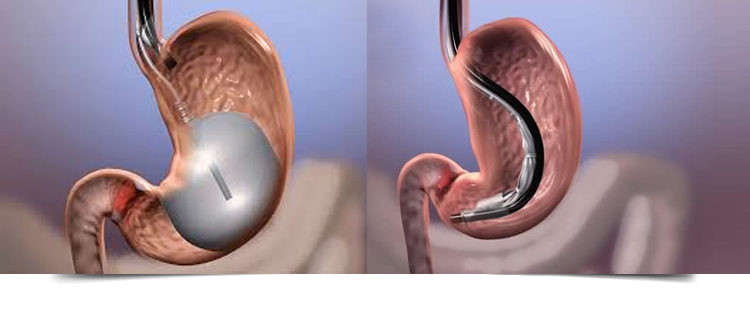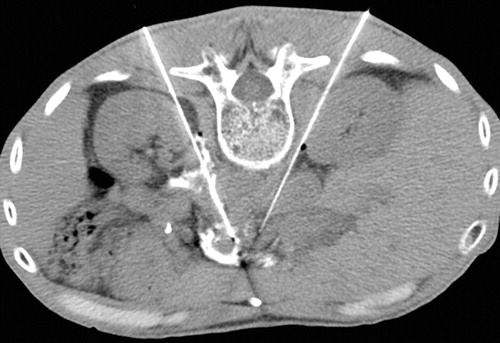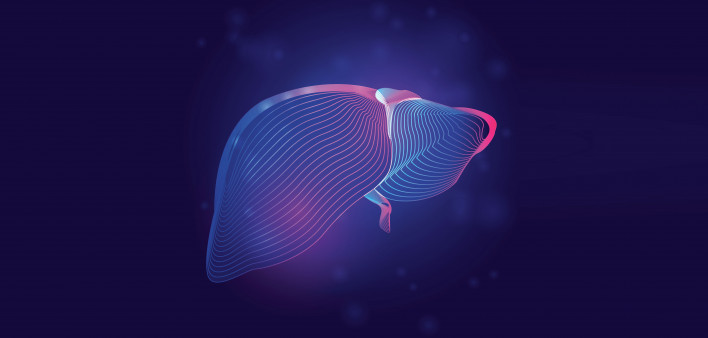EUS guided Biopsies

Endoscopic ultrasound (EUS) is a minimally invasive procedure to assess digestive (gastrointestinal) and lung diseases.
A special endoscope uses high-frequency sound waves to produce detailed images of the lining and walls of your digestive tract and chest, nearby organs such as the pancreas and liver, and lymph nodes.
When combined with a fine-needle aspiration procedure, EUS allows your doctor to sample (biopsy) fluid and tissue from your abdomen or chest for analysis. EUS with fine-needle aspiration can be a minimally invasive alternative to exploratory surgery.
EUS techniques are also used in specific treatments, such as draining pseudocysts.
Why It’s Done?
EUS is used to find the cause of symptoms such as abdominal or chest pain, determine the extent of diseases in your digestive tract and lungs, and evaluate findings from imaging tests such as a CT scan or MRI.
Eus may Help In The Evaluation Of:
- Cancer of the colon, oesophagus, lung, pancreas or stomach, and ampullary and rectal.
- Lymphoma
- Barrett’s oesophagus
- Neuroendocrine tumours
- Pancreatitis and pancreatic cysts
- Bile duct stones
- Sarcoidosis
EUS can help:
- Assess how deeply a tumour penetrates your abdominal wall in oesophageal, gastric, rectal, pancreatic, and lung cancers
- Determine the extent (stage) of cancer if present
- Determine if cancer has spread (metastasized) to your lymph nodes or other organs
- Provide precise information about non-small cell lung cancer cells to guide treatment
- Evaluate abnormal findings from imaging tests, such as cysts of the pancreas
- Guide drainage of pseudocysts and other abnormal collections of fluid in the abdomen
- Permit precise targeting for delivering medication directly into the pancreas, liver, and other organs
EUS is performed on an outpatient basis and is well-tolerated by most people.
You may not be a candidate for EUS if you have had abdominal surgery that changed your anatomy, such as Roux-en-Y gastric bypass.
Risks
EUS is generally safe when performed at a centre with an experienced and expert health care team. Your doctor will discuss with you the risk of complications from EUS. These risks are most commonly associated with fine-needle aspiration.
Risks May Include:
- Bleeding
- Infection
- Tearing (perforation) of the intestinal wall or throat
- Pancreatitis, if fine-needle aspiration of the pancreas is done
- You can reduce your risk of complications by carefully following your doctor’s instructions for preparing for EUS.
Call your doctor immediately or go to an emergency room if you experience any of the following signs or symptoms:
- Fever
- Chest pain
- Shortness of breath
- Black or very dark-coloured stool
- Severe or persistent abdominal pain
How Do You Prepare?
Your doctor will give you specific instructions to prepare for your EUS. You may be asked to:
- Fast before EUS – to make sure your stomach is empty. Generally, you’ll be asked to fast for at least 6 hours before the test.
- Prepare your rectum if EUS is being done in the rectal area. You may be asked to take a laxative or have an enema and follow a liquid diet before the procedure.
- Stop taking certain medications, such as blood thinners. Blood thinners may increase your risk of bleeding if fine-needle aspiration is performed during EUS. If you have chronic conditions, such as diabetes or high blood pressure, your doctor will give you specific instructions regarding your medications.
- Plan for your recovery if you will be sedated before EUS. Most people who have EUS are given medication to relax them. Arrange for someone to drive you home after the procedure.
What Can You Expect?
You likely will be given medicine to help you relax.
During EUS, your doctor passes a thin, flexible tube (endoscope) through your mouth and your digestive tract. A small ultrasound device (transducer) in the tube produces sound waves that create a precise image of surrounding tissue, including lymph nodes in the chest. The endoscope is then gradually withdrawn.
If you have a fine-needle aspiration with EUS, your doctor may need to pass a second, curved device through a channel in the endoscope into your digestive tract.
That device can guide a very slender needle to your lymph nodes and tumours or other abnormalities. The needle extracts fluid and tissue for analysis.
EUS with fine-needle aspiration generally lasts less than an hour.
Results
A specialist in digestive diseases (gastroenterologist) or lung disease (pulmonologist) with special training in EUS will interpret the EUS images.
A doctor trained in analyzing biopsies (pathologist) will report the test results if you have a fine-needle aspiration. Your doctor will discuss any important findings and the next steps with you.
Related Services
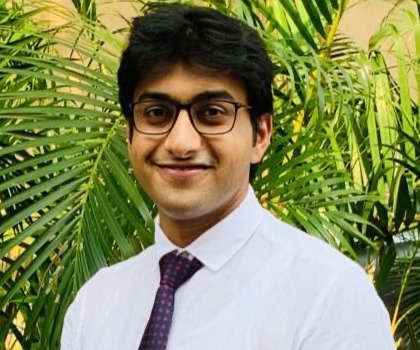
Dr. Bhavik Shah
Gastroenterologist in Raipur
After finishing his Graduation from prestigious Pravara Institute of Medical Sciences, Loni in 2011, Dr. Bhavik Shah joined Choithram Hospital and Research Centre in Indore.
Our other services
Timings
Mon - Sat (09:00Am - 10:00PM) Sun - (10 am–7 pm)
Phone No
+91-74894 92554
address
1st floor, Indian Chilli Square, Shankar Nagar Rd, opposite Vidya Hospital, Geetanjali Colony, Shankar Nagar, Raipur, Chhattisgarh 492001
